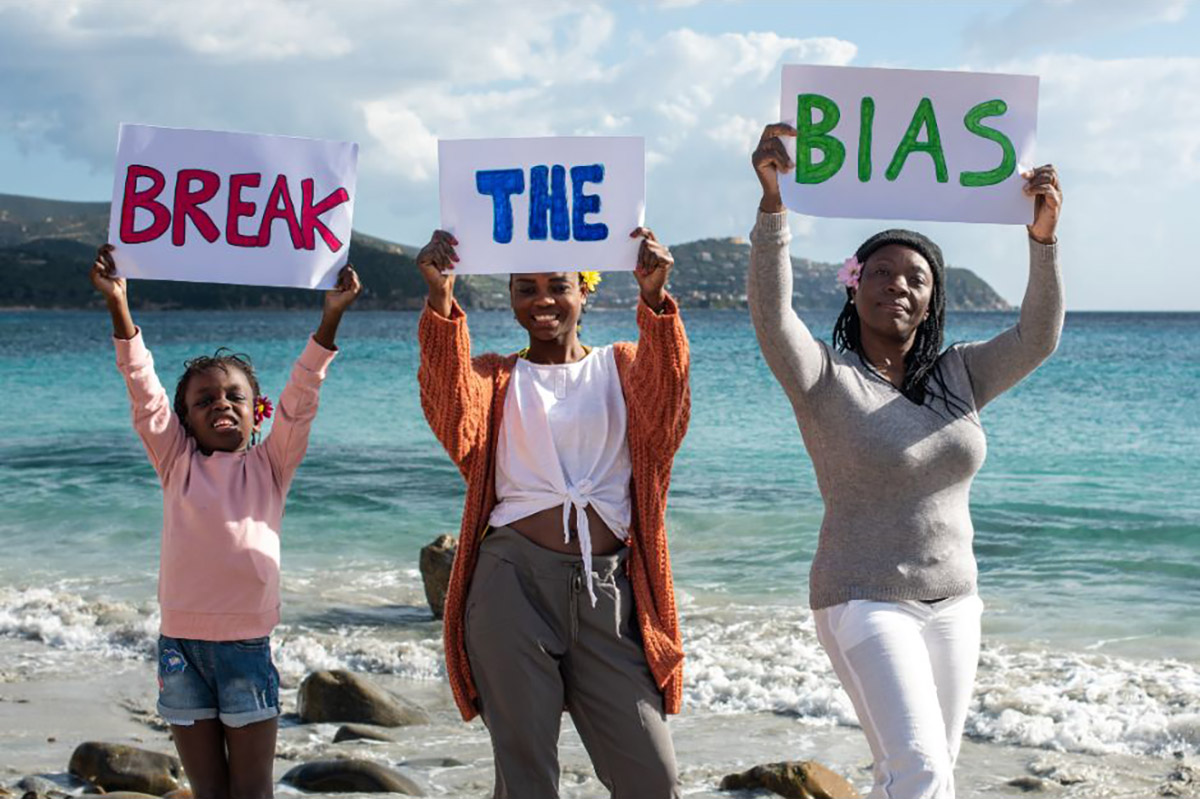How Bias is Shaping our Lives
April 1by Victor Okechukwu Chimezie
Bias simply means a strong inclination of the mind or a preconceived opinion about something or someone.
A bias may be favorable or unfavorable: bias in favor of or against an idea. It is a disproportionate weight in favor of or against an idea or thing, usually in a way that is inaccurate, closed-minded, prejudicial, or unfair. It is natural and inherent in human nature . It affects our understanding, actions and decisions in an unconscious manner.
Bias may stem from several sources including belief, culture, gender, experience, educational background, sexual orientation or socioeconomic background, and sometimes it is passed down from generation to generation. There are various forms of bias and whenever bias is present, conflict is prone to occur, and if not checked, violence, which can progress to genocide or homicide.
Bias can be positive or negative. Bias does not just sit within people; it is often used as the basis for decision-making and the rationale behind actions that we take. It can be dangerous and when mixed with power and privilege, can create uneven results and outcomes for society’s most vulnerable people.
Bias can exist in positive forms and may be helpful—like choosing to only eat foods that are considered healthy or staying away from someone who has knowingly caused harm, choosing to have excessive optimism, a publication positive bias where one chooses to publish only positive occurrences and not the negative ones. The kind of bias where human tendency chooses to focus on the positive and use more positive words and terms during a conversation is called positivity bias also known as the Pollyanna Principle.
Negative forms of bias are the forms that lead to acts of prejudice such as racism, xenophobia and discrimination or stereotyping of a person or a group of people. If not checked, this can lead to occurrences like the Rwandan genocide. Another sad example of effect of negative bias is the prevalence of racism in European football.
Bias affects how persons relate with each other in marriages or work life, and also, how persons of different religions and tribes relate with each other. Although it cannot be entirely eliminated, bias must be thoroughly checked because either in a positive or negative form, it clouds our sense of judgment and is dangerous.
We must learn to control our biases which sometimes can occur unconsciously. It can be managed and controlled by acknowledging your bias, learning more about yourself, considering factors influencing your decisions, reflecting on the past, identifying what makes you uncomfortable, embracing the opposite, seeking multiple perspectives and intentionally watching yourself over time, while looking at the similarities and differences in others and respecting them.
If we intentionally recognize our biases and start working towards curtailing their manifestation and effects then we will have a better and a safer world for all.






